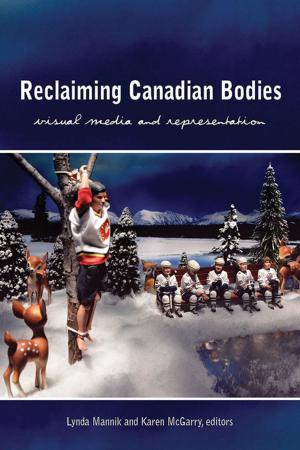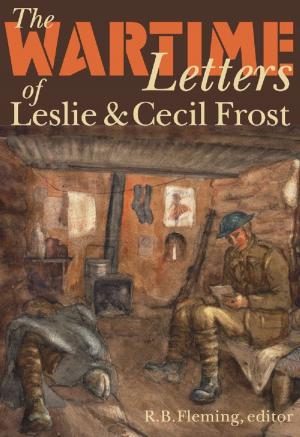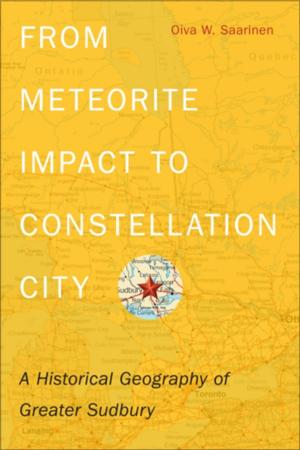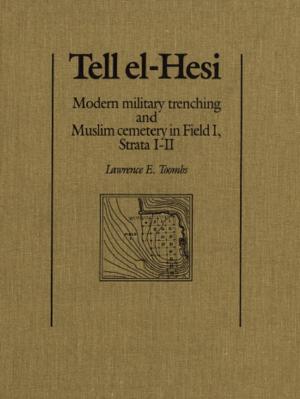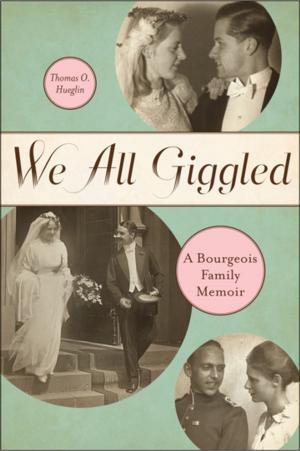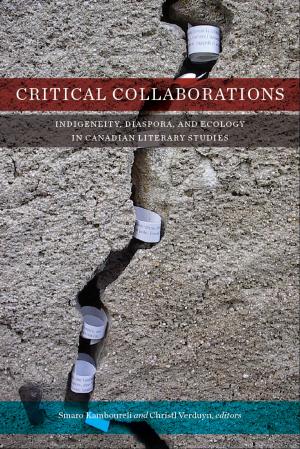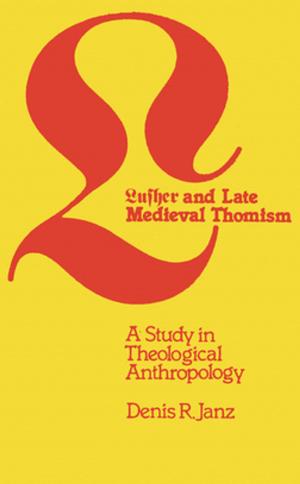Canada's Dream Shall Be of Them
Canadian Epitaphs of the Great War
Nonfiction, Art & Architecture, Architecture, Public, Commercial, or Industrial Buildings, History, Military, World War I| Author: | Eric McGeer | ISBN: | 9781771123129 |
| Publisher: | Wilfrid Laurier University Press | Publication: | April 25, 2017 |
| Imprint: | Wilfrid Laurier University Press | Language: | English |
| Author: | Eric McGeer |
| ISBN: | 9781771123129 |
| Publisher: | Wilfrid Laurier University Press |
| Publication: | April 25, 2017 |
| Imprint: | Wilfrid Laurier University Press |
| Language: | English |
There could be no truer witness to the enormity of the First World War and its terrible cost in lives than the memorials and war cemeteries along the old Western Front. In Canada, no less than in the other dominions of the British Empire, the war left a conflicting legacy of pride and sorrow that endures to this day.
The soaring Vimy Memorial, the Brooding Soldier, and the monuments honouring Canada’s significant contribution to the Allied victory symbolize the spirit of shared sacrifice and nationhood that emerged from the crucible of the war. But alongside this official commemoration there exists a poignant, strangely overlooked, record of the grief and search for consolation among the Canadian populace in the years after the Armistice. This has come down in the personal inscriptions which the Imperial War Graves Commission invited next of kin to have engraved on the headstones of the fallen. Simple, heartfelt, often gems of compression, these farewells preserve the voice of Canada’s bereaved, the parents, the wives, the children, who were left to mourn and to seek meaning and comfort in their loss.
This book offers an anthology of epitaphs drawn from the war cemeteries where Canadian soldiers lie buried in Flanders and France. Photographs and war art transport readers to the sites, and each chapter reviews the sources and themes of the epitaphs to establish their place in the national memory of the First World War.
There could be no truer witness to the enormity of the First World War and its terrible cost in lives than the memorials and war cemeteries along the old Western Front. In Canada, no less than in the other dominions of the British Empire, the war left a conflicting legacy of pride and sorrow that endures to this day.
The soaring Vimy Memorial, the Brooding Soldier, and the monuments honouring Canada’s significant contribution to the Allied victory symbolize the spirit of shared sacrifice and nationhood that emerged from the crucible of the war. But alongside this official commemoration there exists a poignant, strangely overlooked, record of the grief and search for consolation among the Canadian populace in the years after the Armistice. This has come down in the personal inscriptions which the Imperial War Graves Commission invited next of kin to have engraved on the headstones of the fallen. Simple, heartfelt, often gems of compression, these farewells preserve the voice of Canada’s bereaved, the parents, the wives, the children, who were left to mourn and to seek meaning and comfort in their loss.
This book offers an anthology of epitaphs drawn from the war cemeteries where Canadian soldiers lie buried in Flanders and France. Photographs and war art transport readers to the sites, and each chapter reviews the sources and themes of the epitaphs to establish their place in the national memory of the First World War.

